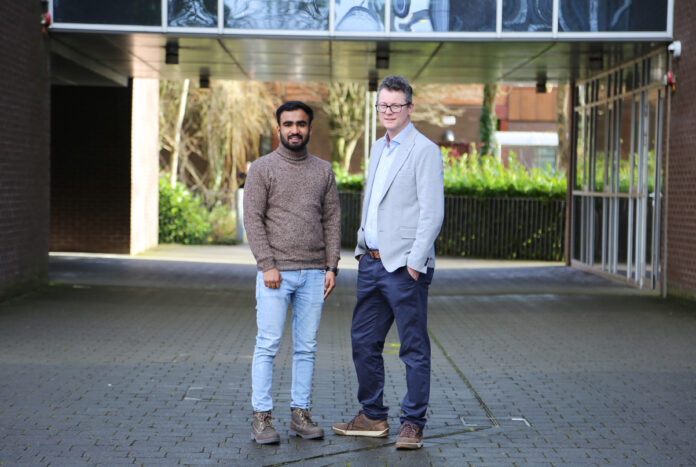
A NEW study by researchers at the University of Limerick (UL) has identified a way to generate electricity from waste heat, using wood products.
The study, led by researchers in UL in collaboration with colleagues from the University of Valencia, identified a method of generating electricity using low-grade heat recovered from lignin-derived membrane.
Lignin is a sustainable byproduct derived from wood in paper and pulp production.
The study showed that such membranes can convert waste heat into electricity by utilising the movement of charged atoms (ions) within the material.
Low-grade heat refers to waste heat generated at temperatures below 200 degrees Celsius. In industrial processes, 66 per cent of the waste heat falls into this category, highlighting the potential of this breakthrough for developing sustainable heat-to-electricity applications.
The study, dubbed the ‘NXTGENWOOD’ study, was funded by the Department of Agriculture, Food, and the Marine, and has been published in the Journal of Advanced Functional Materials.
Professor Maurice N Collins, Professor of Materials Science in UL’s School of Engineering and principal investigator at the Bernal Institute, who supervised the study, explained: “Low-grade heat comes from various sources like waste heat in industries, heat losses in insulating systems, ocean thermal gradients, biomass fermentation, and solar heat.”
“Despite its potential, utilising low-grade thermal energy in energy harvesting applications has been challenging due to the lack of cost-effective technologies.
“Our research explores the use of ionic thermoelectric membranes made from lignin, an underutilised by-product in the paper and pulp industry, offering a sustainable solution,” Professor Collins said.
Lead author Muhammad Muddasar, a NXTGENWOOD PhD student based at the Bernal Institute, said that the project developed “the first lignin-based membrane for ionic thermoelectric energy harvesting”.
“Our membrane is lightweight, easy to synthesise, and biocompatible, making it suitable for various applications, including thermal energy harvesting, temperature sensing, and biomedical sensors for health monitoring,” he concluded.










